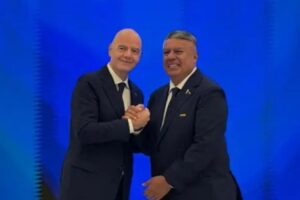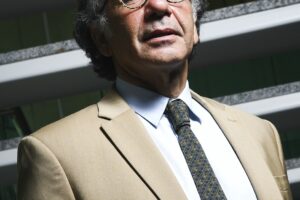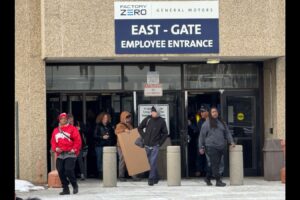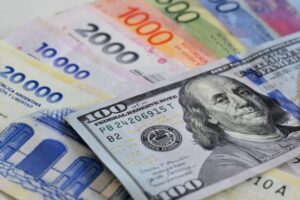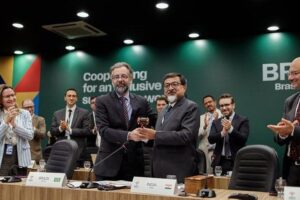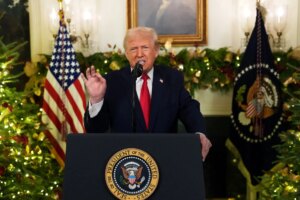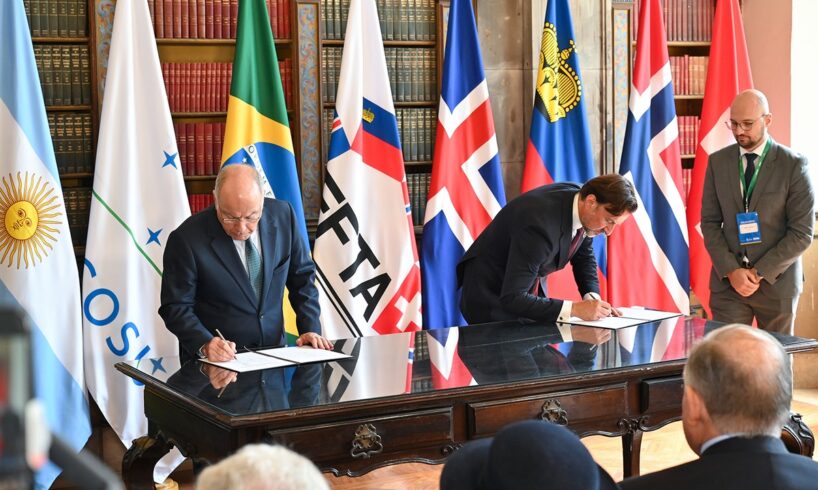
Representatives of Mercosur and the European Free Trade Association (EFTA)—comprising Switzerland, Norway, Iceland, and Liechtenstein—signed a free trade agreement on Tuesday (16) in Rio de Janeiro and described the deal as a key milestone for global cooperation. Without naming the United States or President Donald Trump, officials from both the South American and European blocs underscored their commitment to multilateralism and cross-border trade.
For Brazilian officials, the treaty is seen as a stepping stone toward finalizing other agreements, most notably the Mercosur-European Union deal. After 25 years of negotiations, that agreement was concluded in 2024 but still awaits approval from the European Parliament to take effect.
Vice President and Minister of Development, Industry, Trade and Services Geraldo Alckmin and Foreign Minister Mauro Vieira said the EU deal is expected to be completed before the end of the year. Brazil currently holds the rotating presidency of Mercosur, which also includes Argentina, Uruguay, and Paraguay, until December.
“In a world full of uncertainty, we’re showing it’s possible to strengthen multilateralism and free trade. Trade brings people together, and development promotes peace,” Mr. Alckmin said.
He acknowledged that redirecting exports away from the United States toward EFTA markets would not be easy but emphasized that the deal represents a “significant market opening, regardless of the tariff issue.”
Mr. Vieira said the Mercosur-EFTA agreement comes at a delicate moment in global geopolitics. “This deal will gradually deepen economic integration between Mercosur and Europe, with the active participation of our countries in the global economy,” he said.
He also noted that Mercosur is looking to finalize a deal with the United Arab Emirates and to move forward in talks with Canada, Japan, India, Vietnam, and Indonesia. Mr. Alckmin also raised the possibility of expanding trade cooperation with Mexico.
Talks between Mercosur and EFTA began in 2017 and were concluded in July. The agreement covers trade in goods and services and includes a combined market of roughly 300 million people and a total GDP of $4.3 trillion. Under the deal, Brazil will liberalize around 97% of trade with EFTA, while the European bloc will eliminate 100% of tariffs on imports of industrial and fishery products.
However, the agreement will not take effect immediately. It must first be translated into all relevant languages and approved by the internal legislative bodies of each country. In Brazil’s case, ratification by Congress is required. The deal will become effective once at least one country from each bloc completes its ratification process. For example, if Brazil and Switzerland ratify the agreement, it will begin to apply to trade between those two countries.
As previously reported by Valor, the agreement may also face a popular referendum in Switzerland, which could delay its implementation until 2029. Attending the signing ceremony, Swiss Vice President and Federal Councillor Guy Parmelin said the agreement sends a strong message. “This deal gives us a positive signal that openness, respect, and cooperation remain the best path forward,” he said.
Estimates from the Brazilian government project a R$2.69 billion increase in Brazil’s GDP, R$660 million in additional investment, and a R$3.34 billion rise in exports by 2044 as a result of the agreement.
EFTA’s main exports to Brazil include pharmaceuticals, chemicals, machinery, and equipment. Brazil mainly exports basic metals, plant and animal products, and food to EFTA countries.
